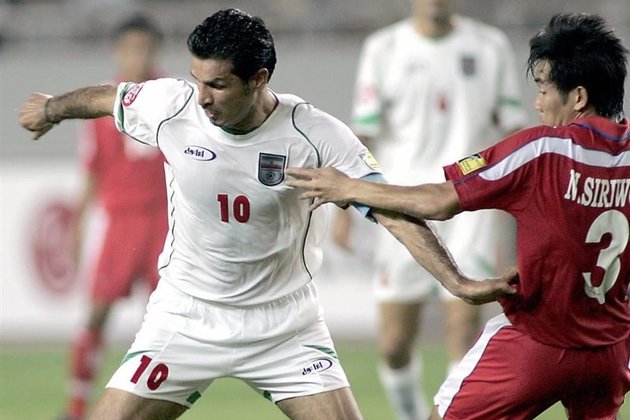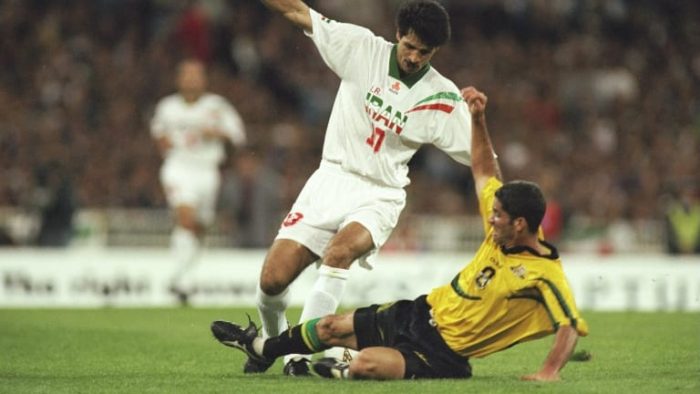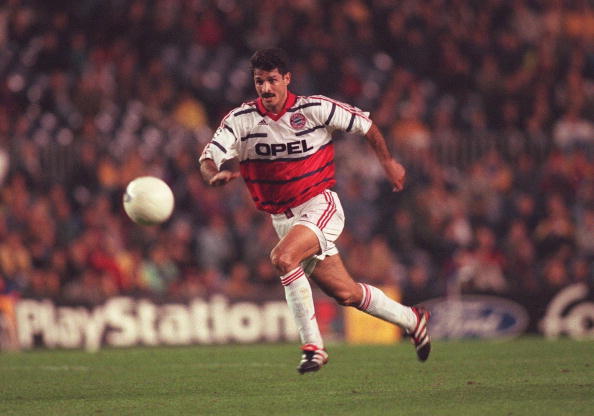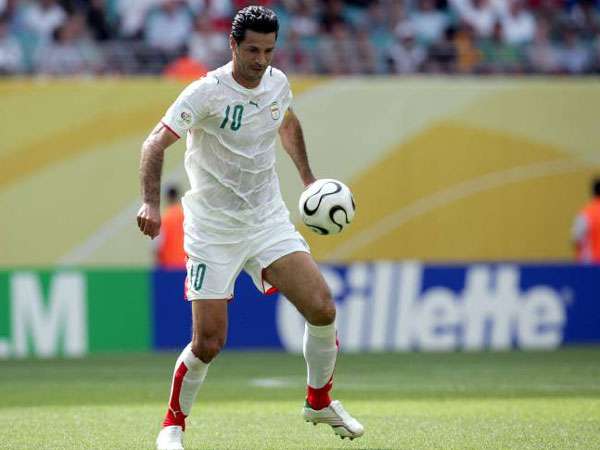Ali Daei: The Story of the Iranian who Scored 109 International Goals
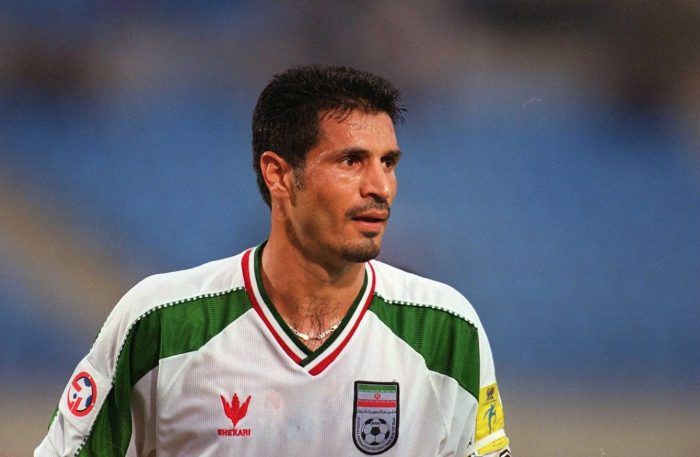
Sports Nova – NEW DELHI, Born in Ardabil, Iran in 1969, Ali Daei is Iran’s most decorated footballer.
No footballer, past or present, has been able to touch his record. From 1993 until his retirement in 2007, Daei plundered an astonishing 109 goals for his country, making him the only player to break the century mark at the international level.
Daei was one of those special breeds of players, like Gheorghe Hagi, Diego Maradona, who grew in stature the moment they donned their country’s colours. Incredibly, while Daei scored those 109 goals in 149 international matches, he only scored three more in 287 league matches for his various clubs.
Unlike many Asian and Middle Eastern players of that era, Daei was not afraid to try his luck in Europe – even if he did not hit the heights in Germany – but most of his domestic goals were scored in the relative familiarity of his nation’s grounds.
The short spells set the tone for the rest of his career. Curiously, Daei never racked up too many appearances in a single season, very often due to prioritising internationals.
It was only in 1994, that year he scored an incredible 22 goals in 18 internationals, which later earned him a move to Qatar’s Al Sadd. Eight of those goals came in December’s AFC Asian Cup in the UAE, including four in the match of the tournament, a famous 6-2 win over South Korea.
Iran lost the semi-final on penalties to Saudi Arabia, but his standout performances earned him the runner-up spot in the Asian Footballer of the Year award, behind teammate Khodadad Azizi.
As Iran eyed the 1994 World Cup in the USA, Daei scored seven goals in 25 Bundesliga matches, but as usual, he saved his real heroics for his country.
Daei scored nine in 17 in 1997, as Iran progressed to a winner-takes-all two-legged tie against OFC qualifiers Australia, with a place at France 1998 up for grabs. Iran managed only a 1-1 draw with Terry Venables’ men.
The real drama, however, came in the second leg as Iran pulled off one of their greatest ever results in Melbourne storming back from two goals down to qualify on away goals.
Daei, Azizi, the emerging Ali Karimi and the rest of the squad earned hero status in Iran. In France, Jalal Talebi’s team exited at the group stage but still managed to record a win against the USA which was arguably the most politically charged game ever to be played in the World cup stage.
Daei was at the peak of his career, and that summer Bayern Munich came calling. In Bavaria, he won a Bundesliga title but was an unused substitute in the heartbreaking Champions League final loss to Manchester United at the Camp Nou. Still, Daei was named Asian Player of the Year for the only time in his career.
The year 2000 saw another remarkable haul of 20 goals in 19 internationals, including three at the AFC Asian Cup in Lebanon. In 2003 against Lebanon he surpassed Ferenc Puskás’ 84-goal record, and the following year scored his 100th against Laos in a four-goal performance. In a race only with himself, he eventually hit his 109th against Costa Rica in March 2006.
By the time the World Cup in Germany came around, Daei was 36 and clearly past his best, with critics claiming he had no right to make the Iranian squad.
Daei, though, did get the support of Franz Beckenbauer who called him “a great ambassador and one of the best players Bayern Munich had ”. But there would be no fairy-tale ending in Germany. Iran exited the group stages with a single point, and with that Daei’s amazing international journey came to an end.
Today, Iranians still look up to Ali Daei as the country’s greatest player, while international forwards will likely be looking up to his goalscoring record for years to come.


